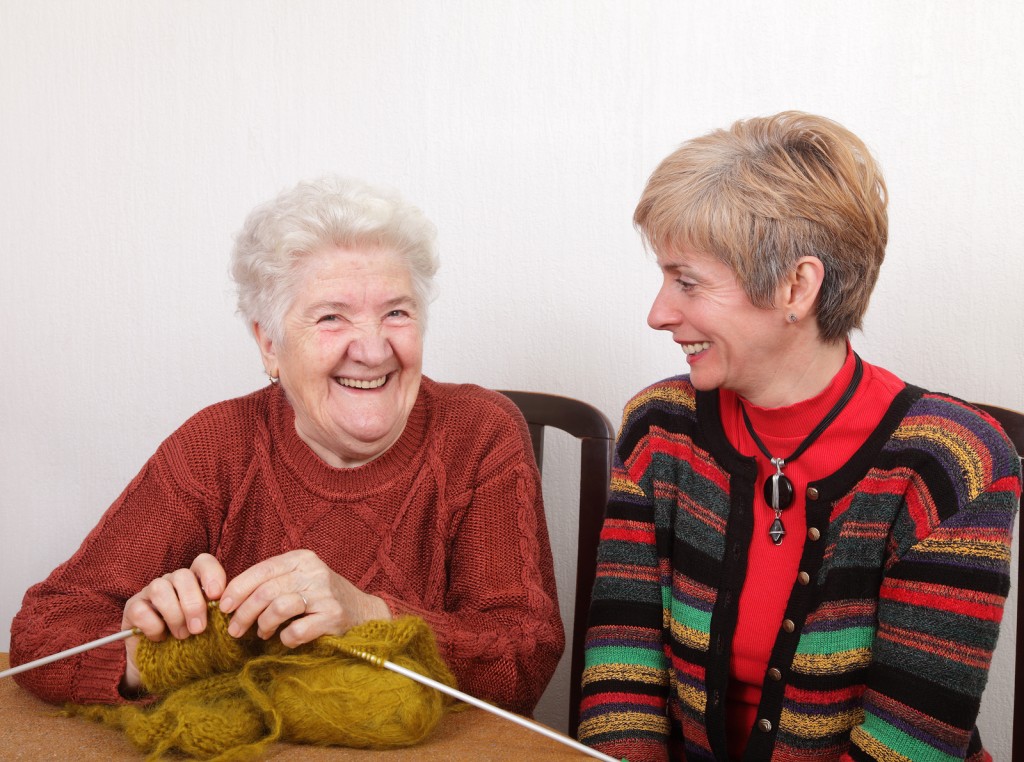
When your loved one is trying to remain independent at home, you’d do anything reasonable to help them stay there. But when a caregiver’s schedule is so full, how can you find the time to make the changes needed? Here are a few easy modifications to help make home life easier:
Increase Traction to Decrease Falls
Anything that helps make slippery surfaces less slick will help decrease falls and injuries. On a porch or deck, this can be done by laying down floor paint with sand mixed in. In a bathroom or on stairs, traction or grit tape will do the job, taking only a few seconds to clean the spot with alcohol and apply the tape.
Get a Grip
As hands get older, they tend to get weaker or hurt more when having to grip things tightly. Adding pipe insulation foam to kitchen utensils, shopping for ergonomic tools and having a piece of rubberized shelf liner to open jars will go a long way to keeping the situation in hand. Specialty stores may have tools such as hairbrushes or canes with different grips and angles that provide easier use.
Reach it Out
In addition to grip, the ability to stretch for things on high shelves or lift heavy containers also becomes problematic. By moving small amounts of necessities into smaller, clearly labeled containers to a height between your loved one’s hips and head, they can retain independence by getting the item on their own instead of having to ask for help. For items weighing a pound or less, a mechanical reacher can make items in higher or lower storage more easily obtained.
Technological Toys = Extra Safety Features
If you’re spending your time worrying about your loved one’s safety when you have other obligations, there are many new solutions available to you. From adding security-system tied smoke detectors and GPS tracking to medical alarm systems and fall detectors, the technology revolution is making it easier than ever to have peace of mind without losing independence. Tracking and communications technology now work several hundred feet from the home, allowing for shop and garden use, while networked communications keep your medical records private, but easily obtainable to emergency personnel. Lockboxes with a combination available only to emergency responders can hold a housekey, providing near-instant access when seconds count.
When you’re looking for help to keep your loved one home and safe, it can seem like you’re facing Mount Everest. At Pioneer Emergency Medical Alarms, we’ve helped families climb that mountain and retain their independence! Call us today 1-800-824-8844 for a consultation to see which options will work best for your family.